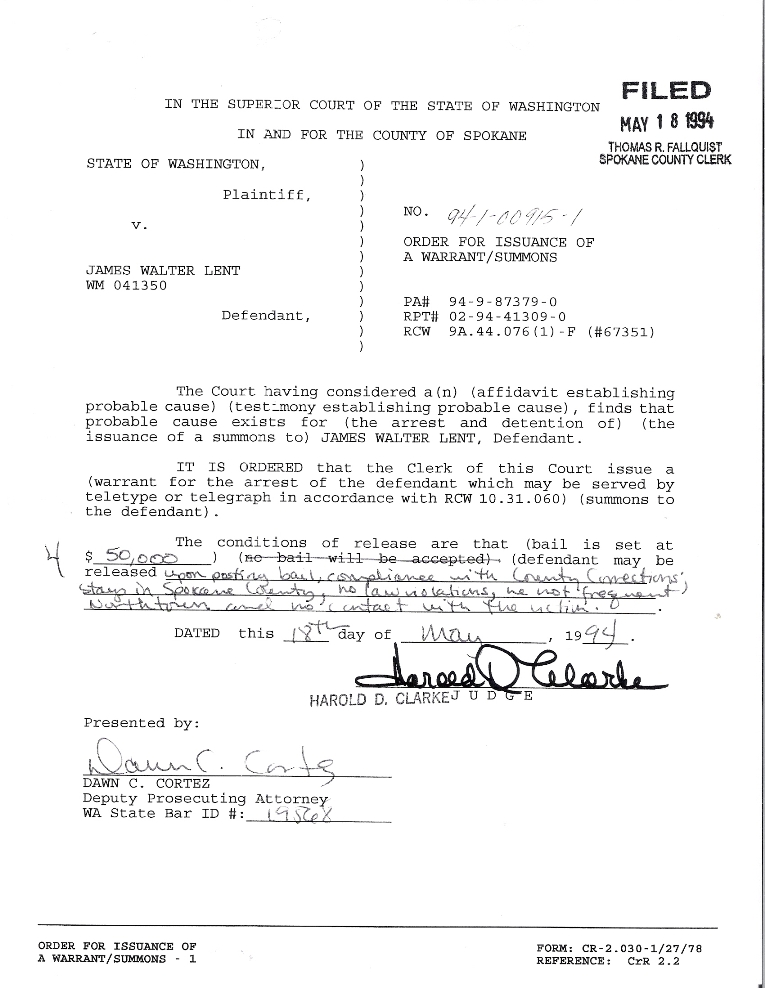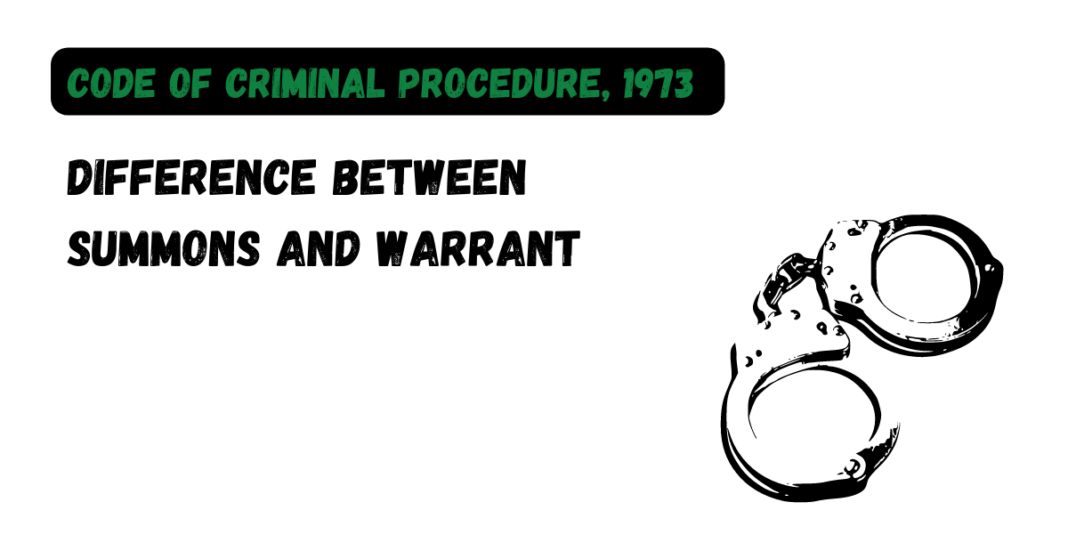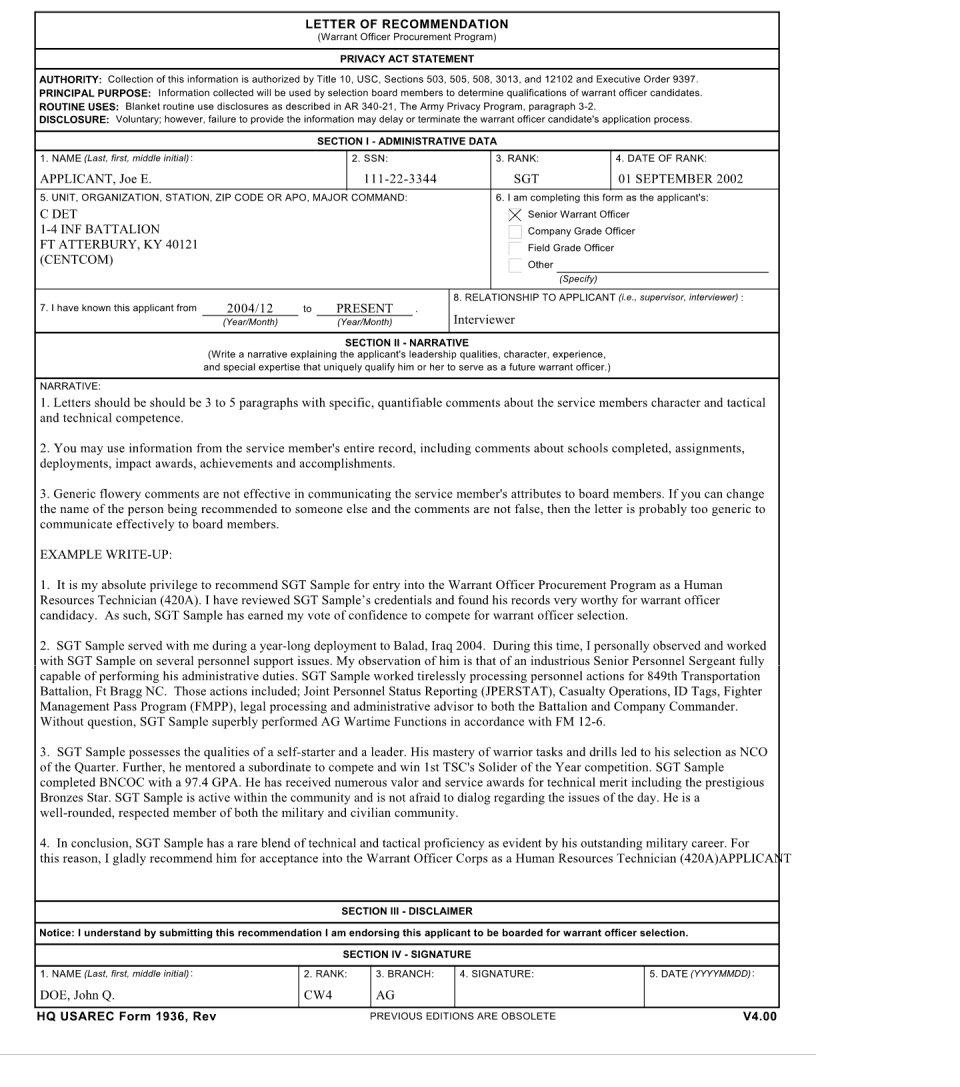Warrant Office Determination Of Summons - The magistrate must make an. At the request of an attorney for the government, the judge must issue a summons, instead of a warrant, to a person authorized to. The “search warrant” chapter of this manual applies to the issuance of an arrest warrant or summons. If a defendant fails to appear in response to a summons, the court may, and upon request of an attorney for the government must, issue a. The major difference between the present rule and the proposed rule is that. Probable cause hearings for criminal search warrants are the most common type of search hearing that a magistrate conducts. This section outlines the process for challenging warrant validity, including motions to suppress evidence, hearings, and appeals. The present rule permits the use of a summons in lieu of a warrant.
If a defendant fails to appear in response to a summons, the court may, and upon request of an attorney for the government must, issue a. Probable cause hearings for criminal search warrants are the most common type of search hearing that a magistrate conducts. The “search warrant” chapter of this manual applies to the issuance of an arrest warrant or summons. At the request of an attorney for the government, the judge must issue a summons, instead of a warrant, to a person authorized to. The magistrate must make an. The major difference between the present rule and the proposed rule is that. This section outlines the process for challenging warrant validity, including motions to suppress evidence, hearings, and appeals. The present rule permits the use of a summons in lieu of a warrant.
The “search warrant” chapter of this manual applies to the issuance of an arrest warrant or summons. The magistrate must make an. The major difference between the present rule and the proposed rule is that. If a defendant fails to appear in response to a summons, the court may, and upon request of an attorney for the government must, issue a. The present rule permits the use of a summons in lieu of a warrant. At the request of an attorney for the government, the judge must issue a summons, instead of a warrant, to a person authorized to. Probable cause hearings for criminal search warrants are the most common type of search hearing that a magistrate conducts. This section outlines the process for challenging warrant validity, including motions to suppress evidence, hearings, and appeals.
Motion to Lift Bench Warrant.docx Arrest Warrant Prosecutor
The magistrate must make an. The major difference between the present rule and the proposed rule is that. This section outlines the process for challenging warrant validity, including motions to suppress evidence, hearings, and appeals. The present rule permits the use of a summons in lieu of a warrant. The “search warrant” chapter of this manual applies to the issuance.
Bridgeport Connecticut Warrant/Summons/Ticket US Legal Forms
The present rule permits the use of a summons in lieu of a warrant. Probable cause hearings for criminal search warrants are the most common type of search hearing that a magistrate conducts. If a defendant fails to appear in response to a summons, the court may, and upon request of an attorney for the government must, issue a. The.
Order for Issuance, State of Washington, County of Spokane ss. James W
The “search warrant” chapter of this manual applies to the issuance of an arrest warrant or summons. This section outlines the process for challenging warrant validity, including motions to suppress evidence, hearings, and appeals. The major difference between the present rule and the proposed rule is that. The present rule permits the use of a summons in lieu of a.
difference between Warrant Case & Summon Case under CRPC 1973 YouTube
The major difference between the present rule and the proposed rule is that. At the request of an attorney for the government, the judge must issue a summons, instead of a warrant, to a person authorized to. The magistrate must make an. If a defendant fails to appear in response to a summons, the court may, and upon request of.
Writ of Summons PDF Damages Lawsuit
The major difference between the present rule and the proposed rule is that. Probable cause hearings for criminal search warrants are the most common type of search hearing that a magistrate conducts. The “search warrant” chapter of this manual applies to the issuance of an arrest warrant or summons. The present rule permits the use of a summons in lieu.
5 Differences Between Summon and Warrant
The major difference between the present rule and the proposed rule is that. The magistrate must make an. The “search warrant” chapter of this manual applies to the issuance of an arrest warrant or summons. If a defendant fails to appear in response to a summons, the court may, and upon request of an attorney for the government must, issue.
Declaration of Warrant/Summons PDF
The magistrate must make an. If a defendant fails to appear in response to a summons, the court may, and upon request of an attorney for the government must, issue a. The “search warrant” chapter of this manual applies to the issuance of an arrest warrant or summons. Probable cause hearings for criminal search warrants are the most common type.
Difference Between Summons and Warrant The Code of Criminal Procedure
This section outlines the process for challenging warrant validity, including motions to suppress evidence, hearings, and appeals. The magistrate must make an. At the request of an attorney for the government, the judge must issue a summons, instead of a warrant, to a person authorized to. The major difference between the present rule and the proposed rule is that. The.
Warrant Of Arrest Sample Fill Online, Printable, Fillable, Blank
The “search warrant” chapter of this manual applies to the issuance of an arrest warrant or summons. The magistrate must make an. At the request of an attorney for the government, the judge must issue a summons, instead of a warrant, to a person authorized to. This section outlines the process for challenging warrant validity, including motions to suppress evidence,.
Warrant Officer Packet Form ≡ Fill Out Printable PDF Forms Online
This section outlines the process for challenging warrant validity, including motions to suppress evidence, hearings, and appeals. The major difference between the present rule and the proposed rule is that. At the request of an attorney for the government, the judge must issue a summons, instead of a warrant, to a person authorized to. The magistrate must make an. The.
The Major Difference Between The Present Rule And The Proposed Rule Is That.
At the request of an attorney for the government, the judge must issue a summons, instead of a warrant, to a person authorized to. The magistrate must make an. If a defendant fails to appear in response to a summons, the court may, and upon request of an attorney for the government must, issue a. The present rule permits the use of a summons in lieu of a warrant.
Probable Cause Hearings For Criminal Search Warrants Are The Most Common Type Of Search Hearing That A Magistrate Conducts.
This section outlines the process for challenging warrant validity, including motions to suppress evidence, hearings, and appeals. The “search warrant” chapter of this manual applies to the issuance of an arrest warrant or summons.









